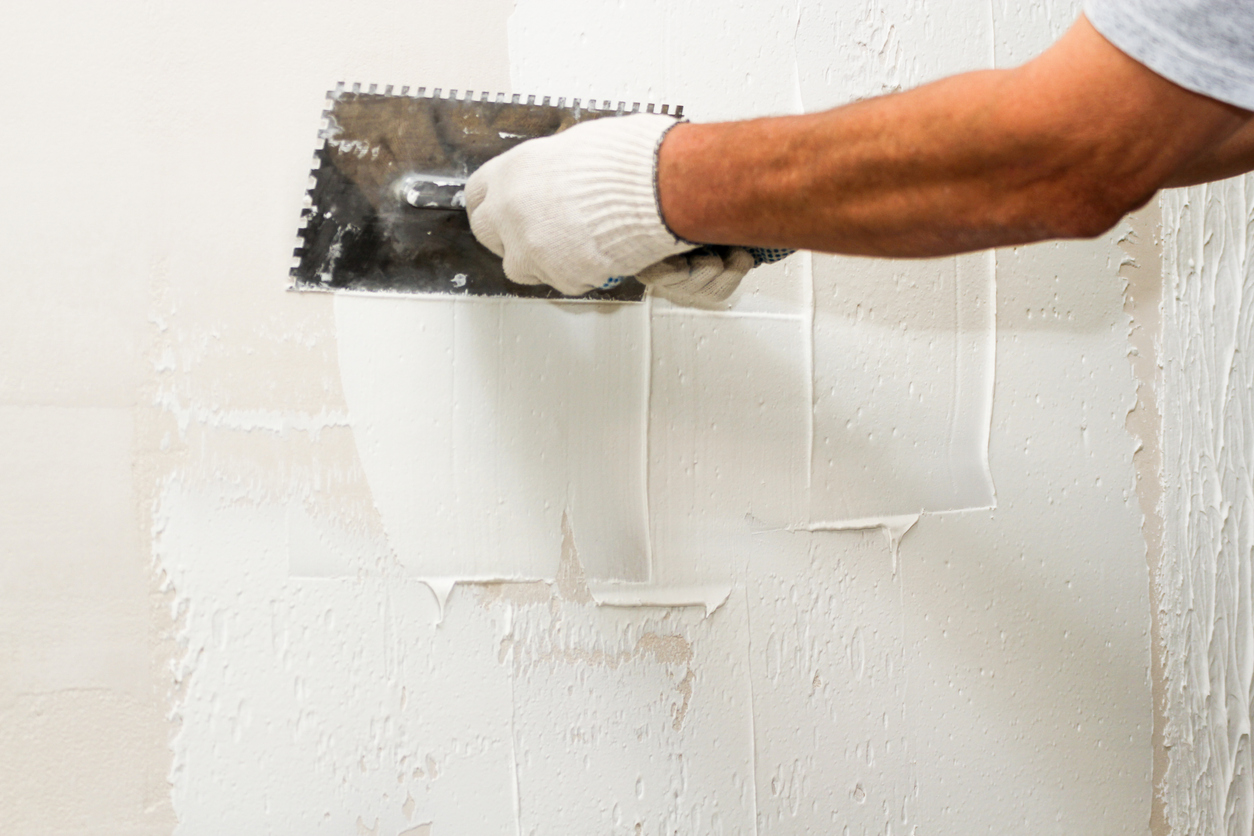
Drywall contractors have to manage their operations with a strong emphasis on risk management. Thus, they work hard to create protocols protocols to maintain safe working conditions for employees. Taking the steps to do this ensures the quality of the work performed. Likewise, it also establishes contingencies to mitigate exposure to potential losses should all figure prominently in a risk management plan.
Insurance for Drywall Contractors to Look At
Drywall contractors have some options. Now, let’s review these four branches of insurance that you need to protect your company against liability and loss.
Workers’ Compensation for Drywall Contractors
Including workers’ compensation in your drywall contractors’ coverage may be legally required. Therefore, state regulations mandate coverage for companies that employ a threshold of employees. It also helps cover employees who engage in certain hazardous activities.
Drywall demos and installation involve numerous occupational risks. Thus, it is vital to maintain this coverage to protect your personnel. If team members sustain an injury on the job, workers’ compensation can pay for medical expenses and a fixed percentage of their lost wages while they cannot work.
General Liability
A general liability policy is one of the most fundamental elements of insurance for drywall contractors. Additionally, this coverage can serve as your first line of defense to handle the most common legal claims involving personal injury or property damage.
Many customers make it a point to verify that drywall companies carry general liability coverage by requesting a certificate of insurance. Also, many general contractors who sub out part of a project to a company specializing in drywall services tend to make coverage a core criterion in their selection process. Clients who create a formal Request for Proposals for projects with an enormous scope of work stipulate that a threshold coverage limit is a requirement within the RFP.
Professional Liability
Insurance for drywall contractors has to protect them against claims alleging improper workmanship. In many projects, drywall work is only one component. Issues with the quality of work or materials that you elect to use could delay a project’s timeline, and that might subject a client or other contracting companies to incur losses or additional expenses.
Including a professional liability policy in your drywall contractors insurance plan equips you with resources to address parties’ direct and consequential damages. This coverage could also pay for liquidated damages in accordance with a contract’s penalty clauses as well as miscellaneous regulatory fees.
Fiduciary and Surety Bonds for Drywall Contractors
Do drywall contractors need insurance on a project basis? Commercial clients may sometimes require drywall contractors to obtain fiduciary and surety bonds for a specific project.
If a drywall company cannot complete a scope of work, a bond guaranteeing that clients will receive the value of the work it has contracted for is a common contingency clause in project documents. Additionally, a bond can also protect clients from embezzlement, fraud, or other forms of financial dishonesty.
The value of bond coverage and its cost depend on several variables. Furthermore, these may include a clients’ specifications, the value of a contract, and the value of the property where a drywall company is performing work.
It is advantageous to work with an insurance provider that serves your industry and understands your risk mitigation priorities. Significantly, an experienced provider can help you customize your protections strategically and access competitive coverage rates.
About Sine Insurance
At Sine Insurance Group, we are dedicated to providing you with custom-tailored insurance policies to protect your assets. Our comprehensive packages have been expertly crafted to serve St. Louis and the surrounding areas for the past 25 years. For more information about our products, contact us today at (855) 700-0889.

